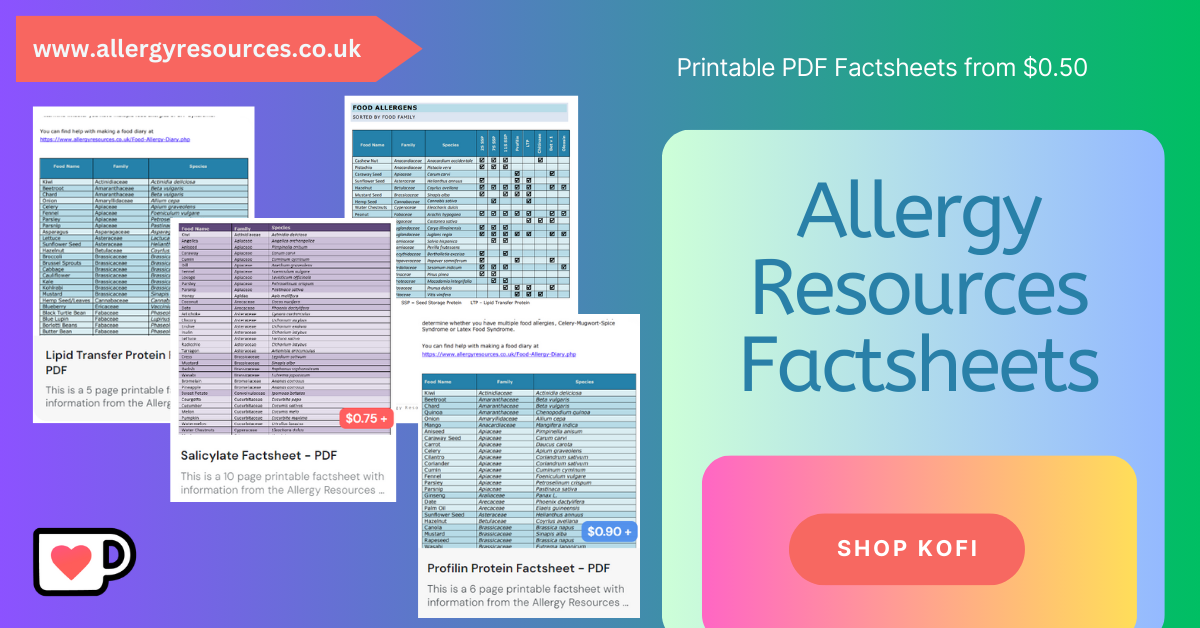
ASH POLLEN ALLERGY
Key Allergens
Ash trees are in the Oleaceae family of plants, which includes olive trees and lilac. The pollen is significant in Spring and as a wind dispersed pollen it can contribute towards the symptoms of seasonal rhinitis (hayfever).
There is only 1 pollen allergen associated with ash pollen, and it is associated with airways.
Fra e 1 is an Ole e 1-like protein, which is a protein found in olive tree pollen. This protein has high cross-reactivity with the main allergens of other plants in the Oleaceae family. Ole e 1 is the marker allergen for diagnosing these linked allergens and they are often called "Ole e 1-like". Most patients with ash pollen allergy are linked to this allergen.
Ash pollen season is from late Winter to late Spring. This varies from country to country. It is considered to have medium to high allergenicity, but is often overlooked as it's pollen season coincides with birch trees, which are the most common cause of pollen allergies.
There is only 1 pollen allergen associated with ash pollen, and it is associated with airways.
Fra e 1 is an Ole e 1-like protein, which is a protein found in olive tree pollen. This protein has high cross-reactivity with the main allergens of other plants in the Oleaceae family. Ole e 1 is the marker allergen for diagnosing these linked allergens and they are often called "Ole e 1-like". Most patients with ash pollen allergy are linked to this allergen.
Ash pollen season is from late Winter to late Spring. This varies from country to country. It is considered to have medium to high allergenicity, but is often overlooked as it's pollen season coincides with birch trees, which are the most common cause of pollen allergies.
Associated Syndromes
An allergy to ash pollen is strongly associated with seasonal allergic rhinitis (hayfever).
An ash pollen allergy is also linked to asthma, rhinoconjunctivitis and atopic dermatitis.
An ash pollen allergy is also linked to asthma, rhinoconjunctivitis and atopic dermatitis.
Cross Reactivity
Other Ole e 1 pollens include pigweed, sugar beet, crocus, olive, privet, grasses, plantain, mesquite and lilac.
Resources
Websites
DermNet NZ - Pollen Food Allergy Syndrome
Allergy UK - Allergic rhinitis
Allergy UK - Managing your asthma and your allergic rhinitis throughout the seasons
Articles and Journals
Method to develop a regional guide for the allergenic potential of tree pollen, 2024
Within city spatiotemporal variation of pollen concentration in the city of Toronto, Canada, 2022
Ash pollen allergy and aerobiology, 2019
Therapeutic potential of peptides from Ole e 1 in olive-pollen allergy, 2019
Symptoms of the olive pollen allergy: Do they really occur only in the pollination season? 2005
Panallergens and their impact on the allergic patient, 2010
Cloning, expression, and clinical significance of the major allergen from ash pollen, Fra e 1, 2005
Let me know if you found any of these interesting or useful.
If you spot an article or research that you think is interesting you can message me or tag me on Facebook or Twitter - links at the bottom of the page.